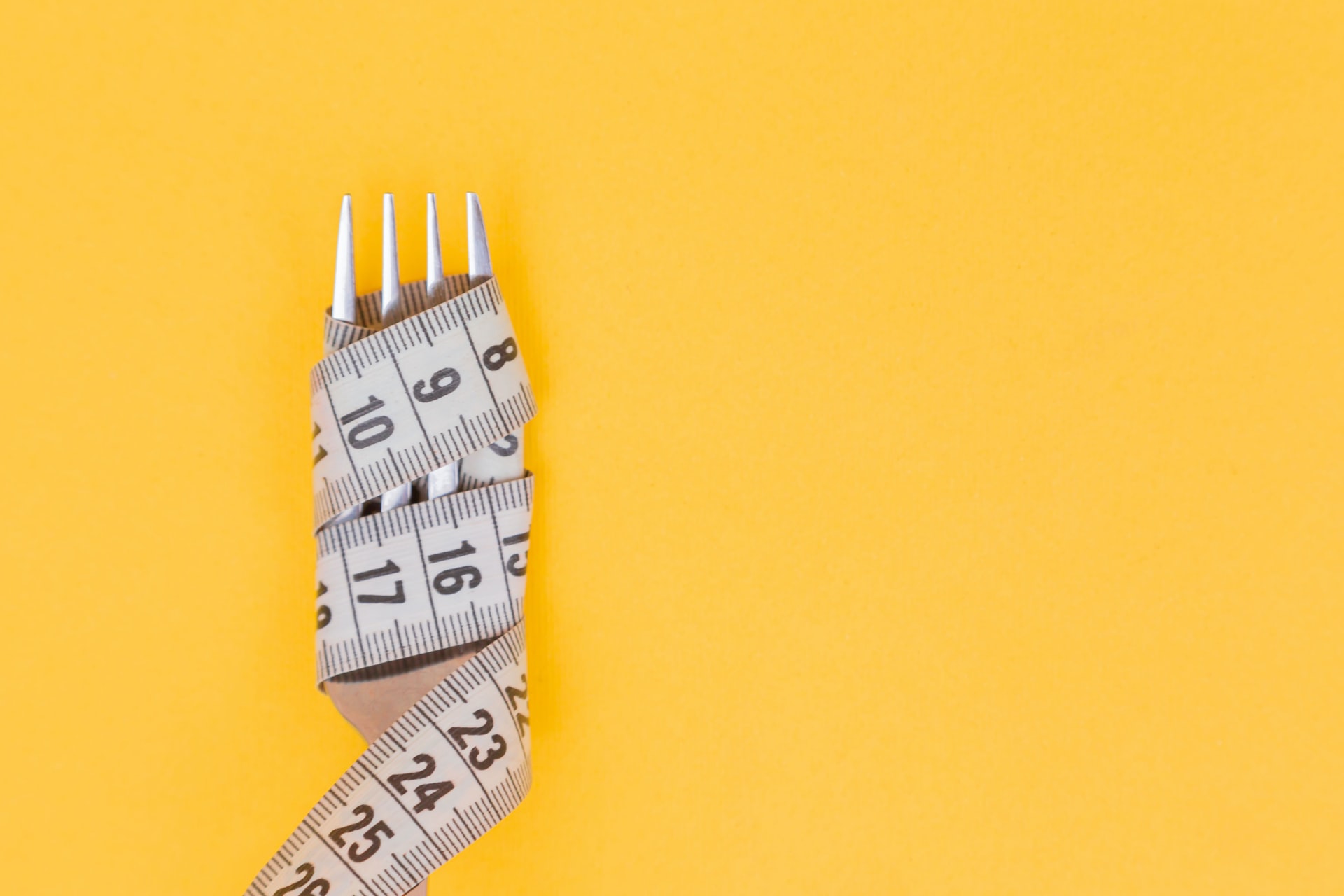Reasons You’re Not Losing Weight

Top Reasons You’re Not Losing Weight
With more than 70% of all American adults currently overweight or obese, the odds are you’ve resolved to lose a few pounds, only to end up in frustration. Losing weight can be incredibly hard – so much so that only 20% of people who attempt to lose weight actually succeed in dropping pounds and keeping them off.
But what causes weight loss to be so difficult? It turns out there are many reasons you’re not losing weight. Here are the top reasons you’re not seeing the weight loss you want.
It’s what and how you eat.
The first change many people make when striving for weight loss is to change what they eat, which is a logical first step. The problem with eating healthy is most people don’t know what and how to do it for weight loss. Simply eating less of the unhealthy foods you love won’t be an effective strategy. Nor will weight loss diets with too little protein or too many snacks and carbs.
For better results, shift your food choices to incorporate more lean protein, fruit and veggies – and fewer carbohydrates. Opt for whole foods more and processed foods less. Instead of eating mindlessly, such as out of boredom or stress, eat mindfully. This can mean documenting your calorie counts in a food journal and watching portion sizes. Gut health is also important, so be sure to incorporate probiotics, such as those found in yogurt, into your weight loss diet.
It’s when, where and why you eat.
Beyond simply what you eat, the ways you eat may be sabotaging your weight loss efforts. Waiting too long between meals can cause you to overeat. If striving to eat smaller, more frequent meals – which can be a healthy way to eat if done right – you may also be taking in too many calories and fat. Eating out at restaurants can also make you pack on the pounds because restaurant food is notoriously high in fat and calories. You may also be rewarding your hard workout with an indulgent treat – and binging on snacks can result in weight gain.
To avoid these pitfalls, plan ahead for healthy meals as much as possible, give yourself a “food budget” every day for healthy snacks and research healthy food options at any restaurants you frequent. Plan to have meals at regular intervals – and if you practice intermittent fasting, be mindful of portion sizes when you do eat.
It’s what you drink.
Grabbing a soda for a boost during the work day and sipping on a glass of wine at the end of an evening may sound like a harmless way to add enjoyment to your day. But those sugary and alcoholic beverages add hundreds of calories to your diet without making you feel full. The result is weight loss that simply doesn’t happen.
Instead, drink water – and lots of it. You can also enjoy coffee and tea in moderation.
It’s how you work out.
If you’re working out and not losing weight, the problem could be in how you work out. If you’re only doing cardio – or only resistance training – you may not see the weight loss results you want. Likewise, if you work out only one day a week, your body may not be able to realize the benefits.
To fully activate the power of your workouts, incorporate both cardio and resistance training. With resistance training, you build the muscle you need to burn fat during cardio. Also try to work out most days of the week, aiming for five days every week for optimum weight loss results.
It’s how you sleep.
If you’re not getting at least seven hours of sleep each night, chances are you’re gaining weight. Sleep deprivation can throw your body’s hormones off balance, making you hungrier during the day. Not to mention – that sleepless-night fatigue will have you missing your workouts.
It’s a medical concern.
There can be many medical reasons you’re not losing weight. These can include issues with your thyroid, polycystic ovarian syndrome, sleep apnea and other conditions. You may hold on to excess weight if you’re going through menopause or on certain medications. Genetics can be to blame, too – as can simply getting old, since we’re losing muscle mass as we age.
For these reasons, it’s always best to consult with your primary care provider when you’re planning to lose weight. Together, you can discuss medications and any precautions about your weight loss diets and exercise plan. You can also do testing to see if any underlying condition may be responsible for your not losing weight as expected.
Maintaining a healthy weight is incredibly important since obesity contributes to the chronic diseases that send many patients to Avail Hospital. We don’t want you to be one of them!
